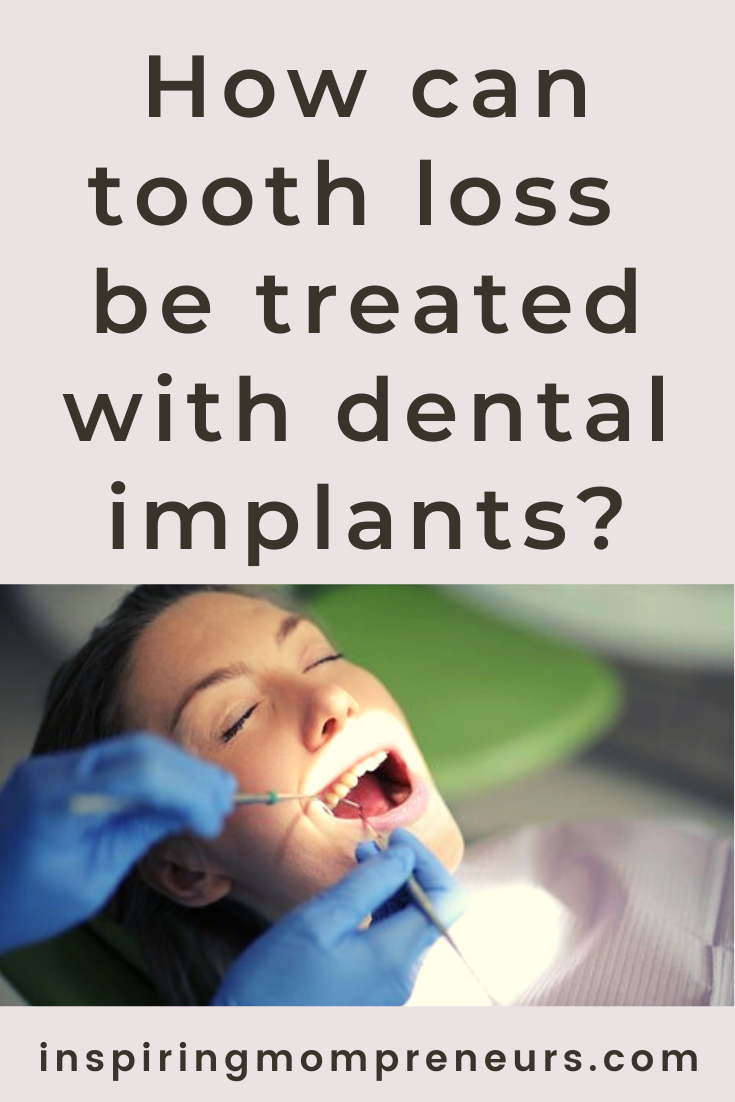How can tooth loss be treated?
Tooth loss can be a very distressing condition that can affect abilities that most people take for granted, such as speaking, eating or smiling confidently. Tooth loss is not only capable of negatively impacting these abilities, but it can also impair mental health and cause depression and anxiety.
What causes tooth loss?
One study concluded that there is a correlation between tooth loss and an increased risk of cerebrovascular events. However, it is important to note that correlation does not always mean causation: the correlation between these two variables could be due to other lifestyle factors that cause both tooth loss and stroke, such as smoking or poor diet.
Nonetheless, it is best to prevent tooth loss. Tooth loss is caused by tooth decay that reaches the pulp tissue, periodontitis and injuries.
To mitigate tooth decay and periodontitis, practise good oral hygiene habits by brushing your teeth twice a day and using an antibacterial mouthwash and dental floss.
You can prevent dental injuries by wearing a mouthguard when engaging in a higher risk activity, as this can afford valuable protection.
How do dental implants work?
Dental implants are small metal appliances, which look very similar to a normal everyday screw. These are not simple screws, however. Due to the implants being made out of titanium, they are able to integrate into the tissues where they are implanted, in this case into the jawbone and the soft tissues surrounding it.
When you get dental implants, your dentist will initially screen you for any signs of tooth decay or periodontitis, as these will have to be treated before the process can begin, to ensure a higher likelihood of the implant working.
Once you are deemed fit for the operation, the surgery will happen and usually, about 3 months are left for the wound to heal and for the implant to integrate into the bone and the soft tissues.
Once the wound has healed appropriately, your dentist will order the replacement teeth that will be attached to the implant, meaning that you will now be able to eat, smile and speak without any worries.
Benefits and alternatives
Dental implants have a diverse array of benefits. While relatively expensive compared to other treatments of tooth loss, in the long run, an implant pays off, as it is a permanent solution that normally lasts almost a lifetime.
As the implants integrate into the jawbone – just like a natural tooth’s root – they are very resilient to the enormous amounts of pressure exerted on them through chewing.
Another important benefit is that dental implants do not require any specific aftercare. They simply need to be brushed, just like regular teeth.
Dental implants have numerous alternatives available as well, however.
One of the alternatives to dental implants is a dental bridge. In dental bridges, a replacement tooth is attached to adjacent crowns on the neighbouring teeth.
Other alternatives include dentures, however, these are thought to be less of a long-term solution and certain types can even facilitate tooth loss and damage.

